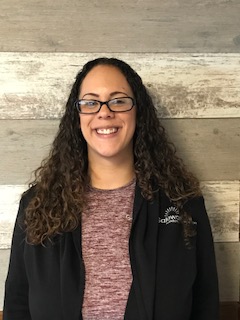Building Evidence Based Practices in Corrections Treatment Environments – Utilization of the Texas Christian University’s Internal Evaluation Protocol
Speaker(s):
Presentation: This presentation will provide an overview of the Texas Christian University (TCU) assessment tools and utilization of these tools in direct client care, program design, program development, and measurement of program efficacy. The Internal Evaluation Process (IEP) which utilizes these tools can provide empirical insights for any program design, as well as provide a clear roadmap for measuring effectiveness. Additionally, application of the TCU tools to direct client care will be discussed. These skills can be invaluable in developing original evidence-based practices, and in better the value of effect of practices on specific areas of functioning.
Objectives:
- Understand the TCU assessment process
- Utilize the TCU assessment process in creating individualized treatment plans
- Utilize the TCU assessment data in measuring the effectiveness of program components
- Utilize the TCU assessment data in empirically measuring program effectiveness
- Utilize the TCU assessment data in formulation of an evidence base for development of pilot practices




